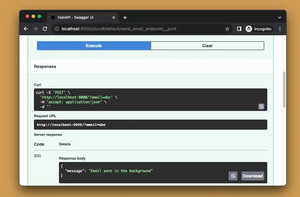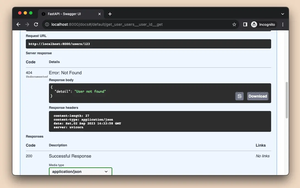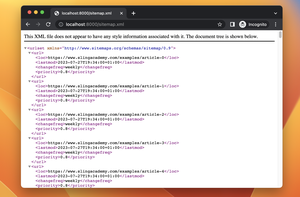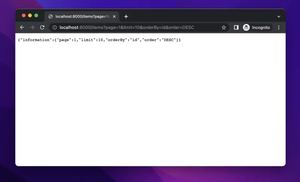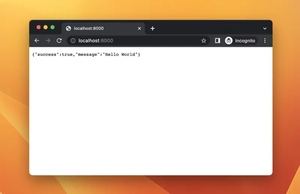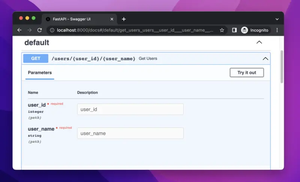Overview
Cross-Origin Resource Sharing (CORS) is a security measure implemented by web browsers to prevent scripts on a webpage from making requests to a different domain than the one that served the webpage. In the context of FastAPI, this error typically occurs when a frontend running on one origin (domain, protocol, and port) tries to make a request to a FastAPI backend server hosted on a different origin, and the backend hasn’t been configured to allow such cross-origin requests. Here are some solutions to fix the FastAPI CORS error.
Utilize FastAPI CORS Middleware
FastAPI provides an easy way to handle CORS via its CORS Middleware. This method allows you to specify which origins are permitted to access your API, the methods allowed, and other parameters.
The process is as follows:
- Install FastAPI and its dependencies if you haven’t already.
- Import the CORS middleware from `fastapi.middleware.cors`.
- Add the CORS middleware to your FastAPI application instance.
- Specify the domains that should be allowed by setting the `allow_origins` parameter.
- Configure other CORS options as necessary, such as `allow_methods` or `allow_headers`.
Example:
from fastapi import FastAPI
from fastapi.middleware.cors import CORSMiddleware
app = FastAPI()
app.add_middleware(
CORSMiddleware,
allow_origins=["http://example.com"], # Allows all origins
allow_credentials=True,
allow_methods=["*"], # Allows all methods
allow_headers=["*"], # Allows all headers
)
@app.get("/")
async def read_root():
return {"Hello": "World"}
Advantages and Limitations:
- Advantage: Easy setup, and highly customizable.
- Limitation: Incorrect configuration could expose your API to security risks if not properly handled.
Use FastAPI’s CORSMiddleware Factory
In cases where you need more granularity or you have multiple APIs with different CORS requirements, using a middleware factory can be suitable.
Steps that you can follow:
- Define a function that creates a new `CORSMiddleware` instance.
- Apply the middleware to a specific API router or the entire FastAPI application.
A small example:
from fastapi import FastAPI, APIRouter
from fastapi.middleware.cors import CORSMiddleware
app = FastAPI()
api_router = APIRouter()
def create_cors_middleware(allow_origins: list):
return CORSMiddleware(
allow_origins=allow_origins,
allow_credentials=True,
allow_methods=["*"],
allow_headers=["*"],
)
api_router.middleware(create_cors_middleware(["http://example.com"]))
@app.get("/")
async def read_root():
return {"Hello": "World"}
app.include_router(api_router)
Advantages and Limitations:
- Advantage: Greater flexibility for configuring different routers with varying CORS policies.
- Limitation: Requires more thorough understanding of FastAPI’s router and middleware systems.
Configure CORS Pre-Flight Options Manually
For very specific cases or for implementing custom CORS behavior, you might want to handle CORS pre-flight OPTIONS requests manually. This involves creating endpoint handlers for the OPTIONS method.
Steps:
- Create a handler for the OPTIONS method on the endpoint(s) for which you want to configure CORS.
- Return the appropriate headers that signify CORS allowances, such as `Access-Control-Allow-Origin`.
Example:
from fastapi import FastAPI, Response
app = FastAPI()
@app.options("/")
async def preflight_handler():
headers = {
"Access-Control-Allow-Origin": "http://example.com",
"Access-Control-Allow-Methods": "POST, GET",
"Access-Control-Allow-Headers": "Content-Type",
}
return Response(status_code=200, headers=headers)
@app.get("/")
async def read_root():
headers = {
"Access-Control-Allow-Origin": "http://example.com",
}
return Response(content={"Hello": "World"}, headers=headers)
Advantages and Limitations:
- Advantage: Provides the opportunity for very granular control over CORS behavior.
- Limitation: More complex and error-prone, potential for maintenance challenges.
